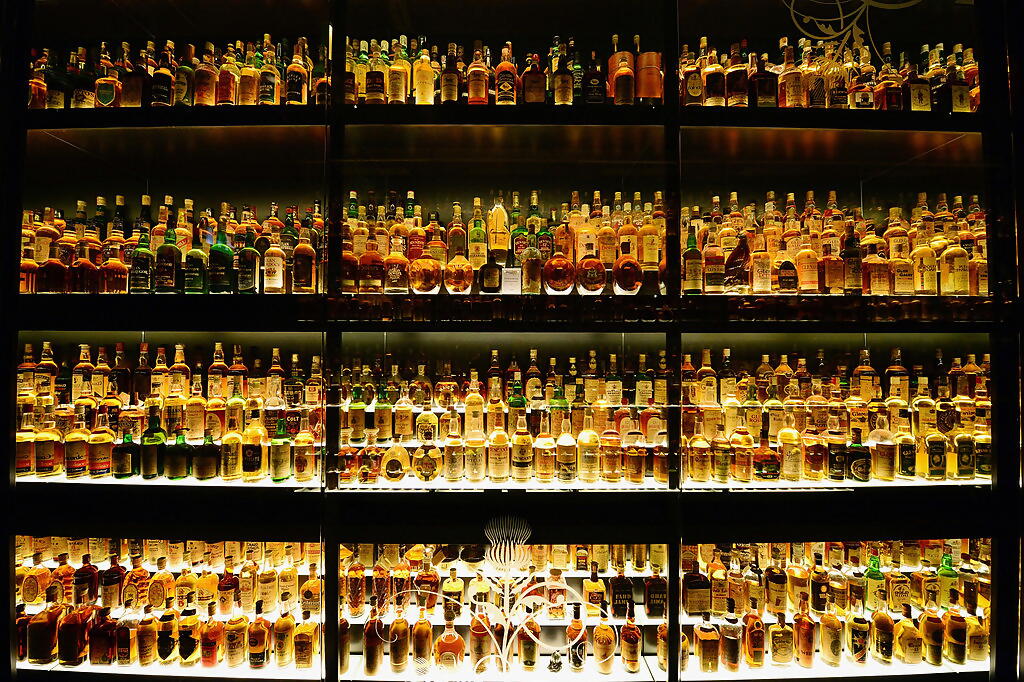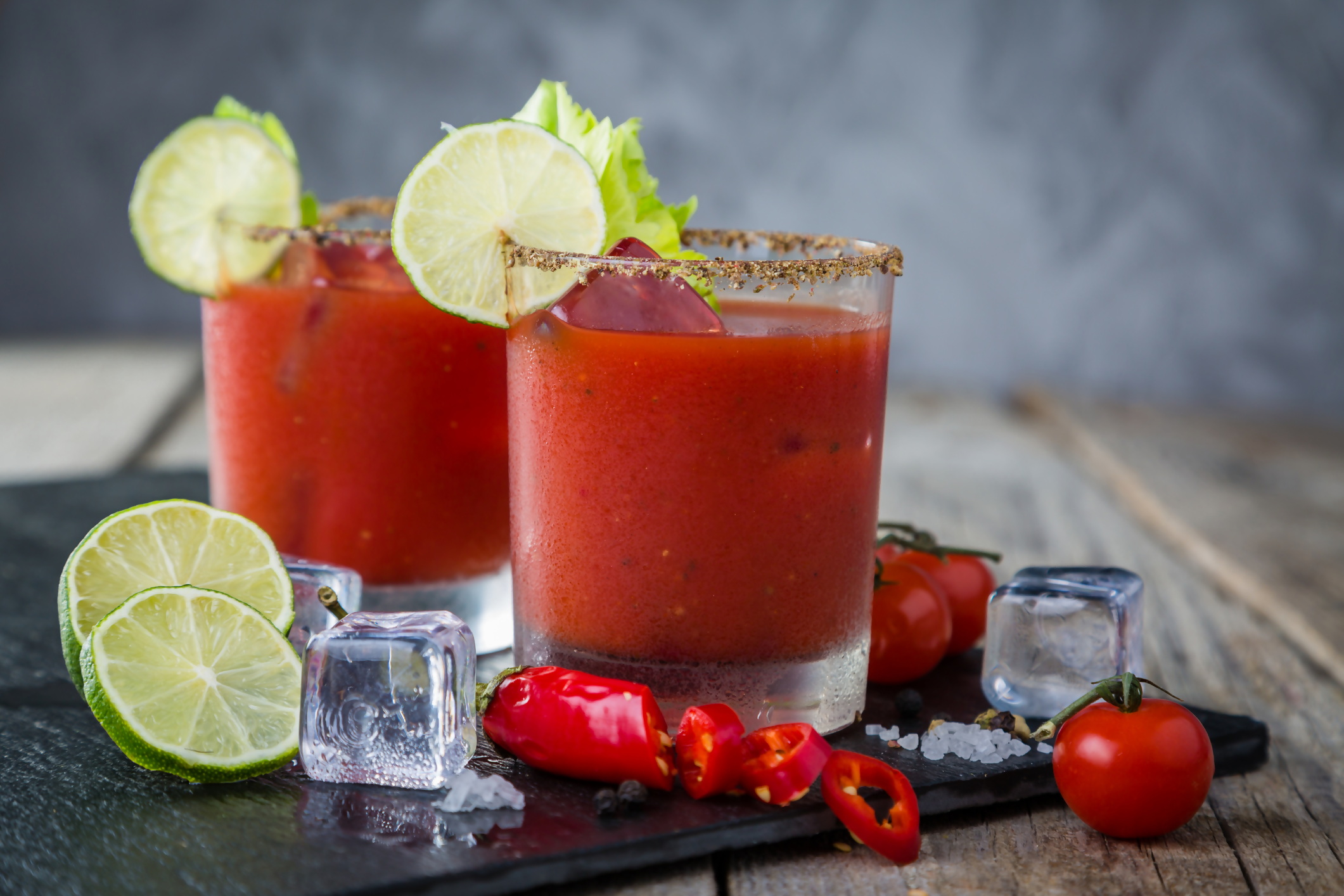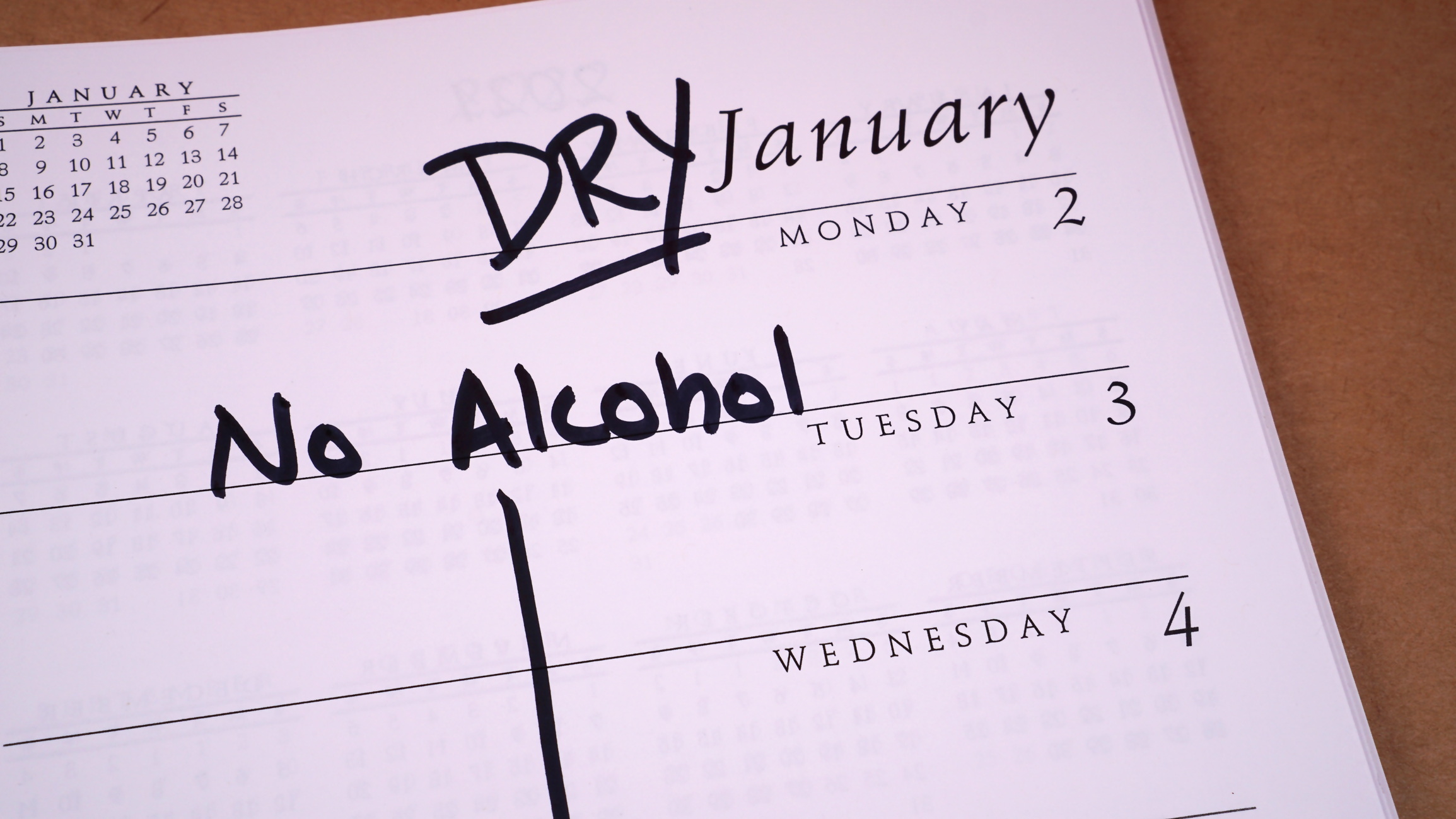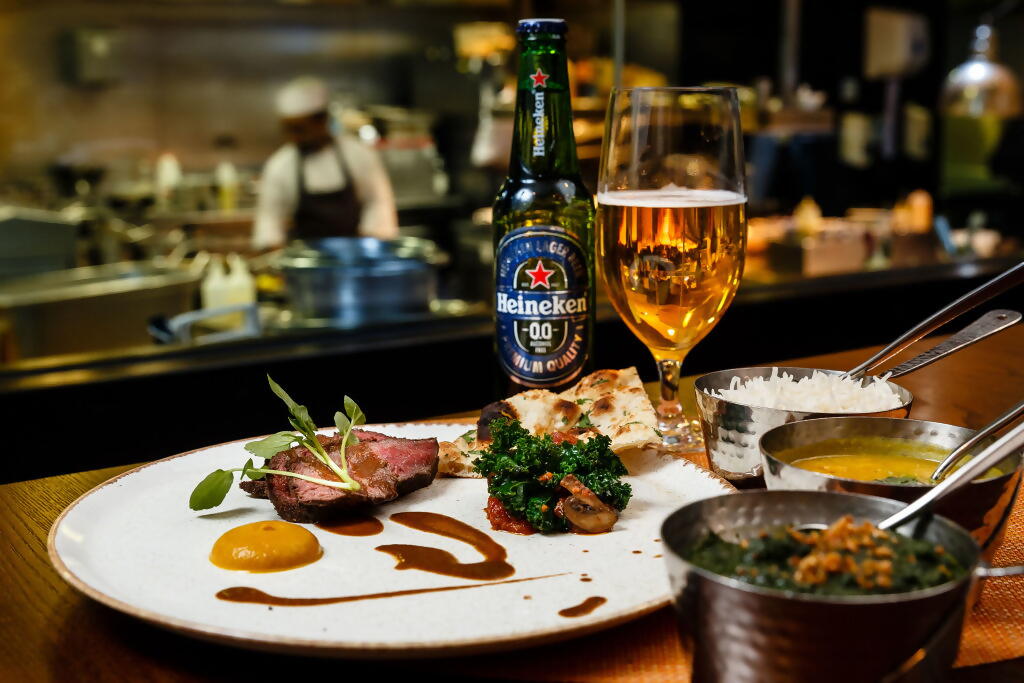
Our booze intake is not the only issue being unnecessarily swept into a frenzied debate between two polarising extremes. Everyone’s talking about the culture wars and NHS waiting times and contextualising the murkier elements of history. Blah, blah, blah. The real question is when did the moderation disappear from the alcohol debate?
We, as Britons, drink a lot. I drink most days, usually just a beer or two, but I’ll readily admit I’m a big fan of most beverages – a pint of Guinness or a cold lager or a glass of wine or a gin and tonic or a shot of tequila or a rum and coke or an extra whisky when it’s probably time to go home. Most of all, I love a really, really, knock-your-socks-off spicy bloody mary when I’m a bit hungover, having had too much of one or two of those others the night before.

Get in my belly.
Booze, as with anything, needs to be consumed as well as discussed in moderation, and like many it seems my drinking comes to a head in December. I don’t have a unit by unit breakdown, but with Christmas and New Year, an increase in parties, and just a general air of indulgence, December is a good month for drinking, meaning now’s a good time to slow down.
Which is why I will be participating in Damp January. I can save some money, drop some calories and kick the habit of getting in the front door and heading to the fridge – all of which will be good for me – while equally celebrating a mate’s birthday, enjoying a nice meal or going to the football without any guilt and fear of the omnipresent Dry January overlords. It’s a healthy balance, and one that doesn’t necessarily end when February rolls around.
Damp January is the sensible way to drink all year round.

Meanwhile, it’s estimated that 8.8 million brits are going cold turkey this January. Considering over 20 per cent of the UK population is under 18, that’s basically one in five adults, and Dry January is now a staggeringly large movement, proving just how many people fundamentally want to drink less.
Noticing a habit you want to change and acting to do so is a good thing. Alcohol impacts both your health and your bank account, and if anyone fancies a day, a week, a month or the rest of their life off the booze, godspeed.
That does not mean Dry January is the perfect solution, however, and my issue with the burgeoning cult and its most pious of believers is twofold. Firstly, it’s largely performative and internal. It’s to tell yourself you could give up the drink rather than to actually give up the drink. There’s no long-term determination required. It’s a stopgap, a break from reality, pressing pause rather than changing the channel. If people can prove to themselves they can go 31 days without, the other 334 become fair game.
This is part of the month’s appeal, of course, but it leads onto my second gripe: that Dry January in no way teaches you to manage your drinking for the vast majority of the year and in fact plays into the culture of binge drinking. If you are somebody seeking to change their drinking pattern, the best case scenario is that time away helps you reevaluate your overall relationship with alcohol; worst case scenario, you fervently miss the warm embrace of inebriation that occurs towards the end of your second drink and start boozing again come February having convinced yourself that you have your alcohol consumption under control.
Not all 8.8 million Dry January-ers are seeking wholesale reform, I realise, but I do think people use it as a carte blanche to justify wider unhealthy, excessive behaviour.

A non-alcoholic alternative
The reality is our social world is so intertwined with alcohol at this point, reducing it to a black and white – on or off, drunk or sober – decision is unsustainable. Instead of a steady intake year round, Dry January furthers the divide between two states that are not mutually exclusive. Anybody looking to reduce their drinking could see that days of the week or number of drinks are better alternatives.
Hopefully, beyond January, I can live a ‘damper’ lifestyle, but finding a moderation to the amount we drink begins with moderation in the way we discuss drinking less.


